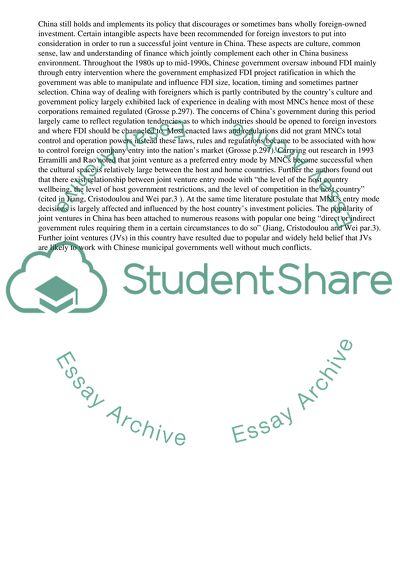Cite this document
(“International Business - Foreign Direct Investment Essay”, n.d.)
International Business - Foreign Direct Investment Essay. Retrieved from https://studentshare.org/business/1573397-report-based-on-case-study-international-business-foreign-direct-investment
International Business - Foreign Direct Investment Essay. Retrieved from https://studentshare.org/business/1573397-report-based-on-case-study-international-business-foreign-direct-investment
(International Business - Foreign Direct Investment Essay)
International Business - Foreign Direct Investment Essay. https://studentshare.org/business/1573397-report-based-on-case-study-international-business-foreign-direct-investment.
International Business - Foreign Direct Investment Essay. https://studentshare.org/business/1573397-report-based-on-case-study-international-business-foreign-direct-investment.
“International Business - Foreign Direct Investment Essay”, n.d. https://studentshare.org/business/1573397-report-based-on-case-study-international-business-foreign-direct-investment.


